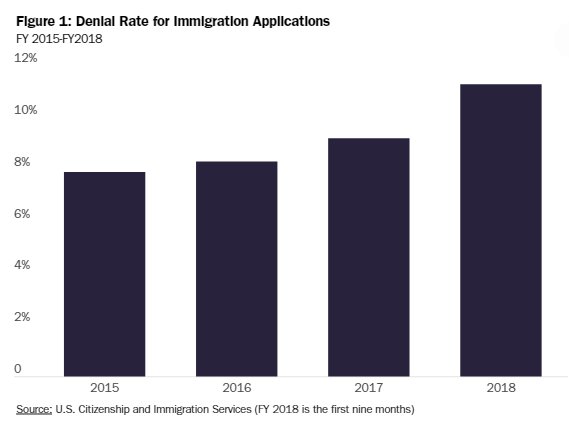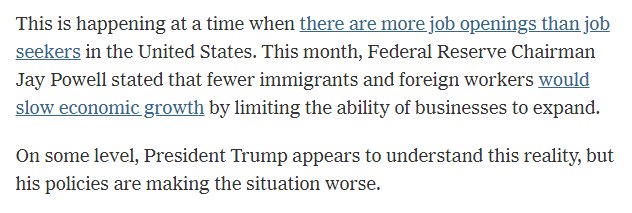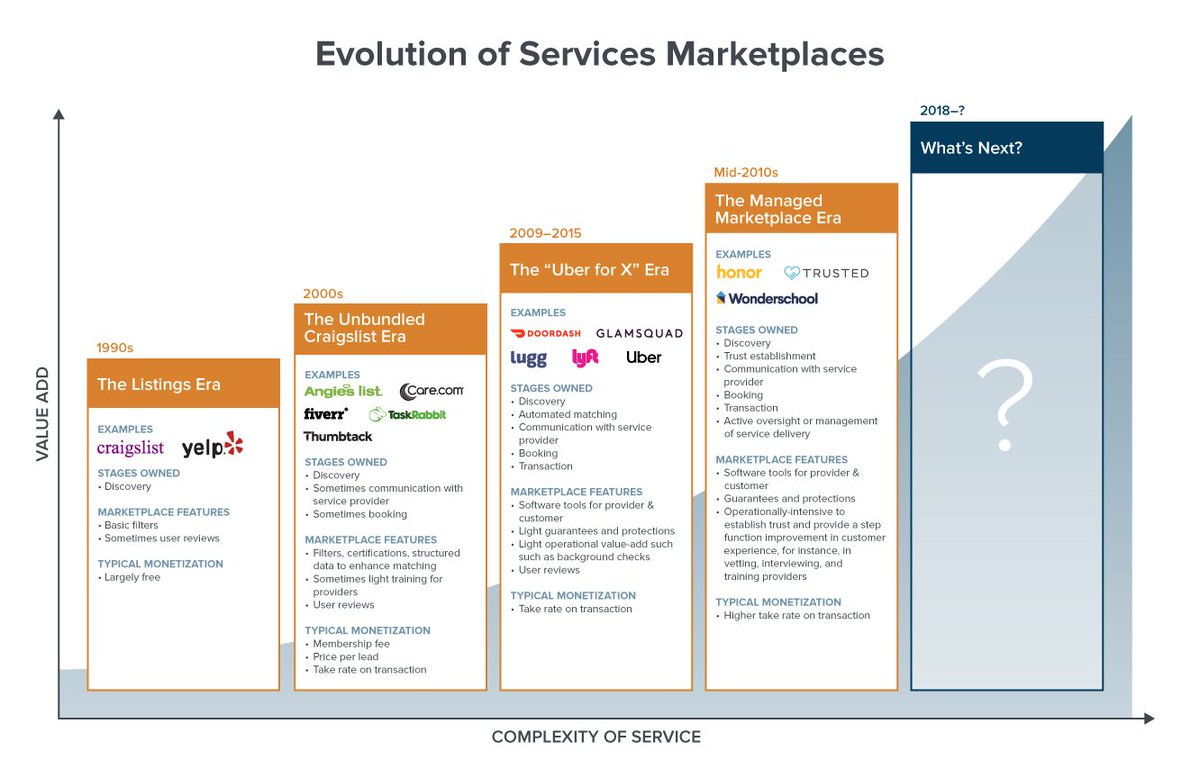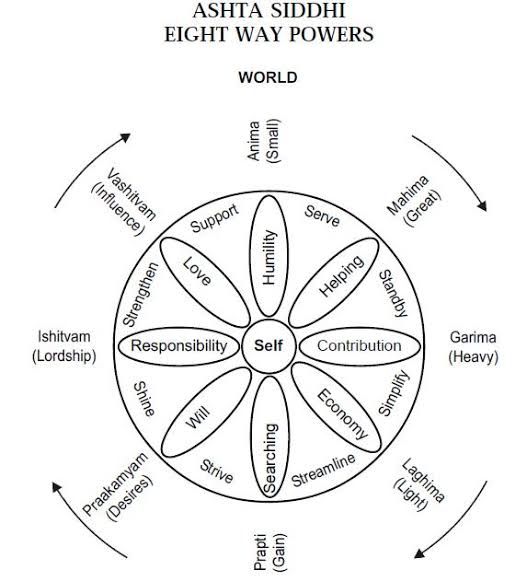The Anabaptist Option:
Neo-Calvinist Cornelius Van Til was a lifelong Republican voter, but couldn't crack the application of Reformed theology to politics. How does the Christian worldview manifest in the political realm with regard to particular parties and politicians?
Being a Christian is conflated with being Republican.
More from Politics
1/ Imagine that as soon as the referendum result the EU announced that it was looking forward to the end of free movement of UK citizens in the EU
2/ Imagine if the EU said finally all those retired Brits in the EU27 could go home
3/ Imagine if the EU said finally all those Brits in the EU could stop driving down wages, taking jobs and stop sending benefits back to the UK
4/ Imagine if the EU said it was looking to use UK citizens as “bargaining chips” to get a better trade deal
5/ Imagine if the EU told UK citizens in the EU27 that they could no longer rely on established legal rights and they would have to apply for a new status which they have to pay for for less rights
Imagine, for a moment, the reaction of the UK Government, Brexiters, and the RW UK press if Juncker, Tusk, Macron or Merkel went on TV to say that Brexit was worth it to stop Freedom of Movement for UK citizens, and to stop Brits being able to come to the EU and jump the queue.
— Steve Bullock (@GuitarMoog) November 20, 2018
2/ Imagine if the EU said finally all those retired Brits in the EU27 could go home
3/ Imagine if the EU said finally all those Brits in the EU could stop driving down wages, taking jobs and stop sending benefits back to the UK
4/ Imagine if the EU said it was looking to use UK citizens as “bargaining chips” to get a better trade deal
5/ Imagine if the EU told UK citizens in the EU27 that they could no longer rely on established legal rights and they would have to apply for a new status which they have to pay for for less rights
My piece in the NY Times today: "the Trump administration is denying applications submitted to the United States Citizenship and Immigration Services at a rate 37 percent higher than the Obama administration did in 2016."
Based on this analysis: "Denials for immigration benefits—travel documents, work permits, green cards, worker petitions, etc.—increased 37 percent since FY 2016. On an absolute basis, FY 2018 will see more than about 155,000 more denials than FY 2016." https://t.co/Bl0naOO0sh

"This increase in denials cannot be credited to an overall rise in applications. In fact, the total number of applications so far this year is 2 percent lower than in 2016. It could be that the higher denial rate is also discouraging some people from applying at all.."
Thanks to @gsiskind for his insightful comments. The increase in denials, he said, is “significant enough to make one think that Congress must have passed legislation changing the requirements. But we know they have not.”
My conclusion:

Based on this analysis: "Denials for immigration benefits—travel documents, work permits, green cards, worker petitions, etc.—increased 37 percent since FY 2016. On an absolute basis, FY 2018 will see more than about 155,000 more denials than FY 2016." https://t.co/Bl0naOO0sh

"This increase in denials cannot be credited to an overall rise in applications. In fact, the total number of applications so far this year is 2 percent lower than in 2016. It could be that the higher denial rate is also discouraging some people from applying at all.."
Thanks to @gsiskind for his insightful comments. The increase in denials, he said, is “significant enough to make one think that Congress must have passed legislation changing the requirements. But we know they have not.”
My conclusion:

You May Also Like
Recently, the @CNIL issued a decision regarding the GDPR compliance of an unknown French adtech company named "Vectaury". It may seem like small fry, but the decision has potential wide-ranging impacts for Google, the IAB framework, and today's adtech. It's thread time! 👇
It's all in French, but if you're up for it you can read:
• Their blog post (lacks the most interesting details): https://t.co/PHkDcOT1hy
• Their high-level legal decision: https://t.co/hwpiEvjodt
• The full notification: https://t.co/QQB7rfynha
I've read it so you needn't!
Vectaury was collecting geolocation data in order to create profiles (eg. people who often go to this or that type of shop) so as to power ad targeting. They operate through embedded SDKs and ad bidding, making them invisible to users.
The @CNIL notes that profiling based off of geolocation presents particular risks since it reveals people's movements and habits. As risky, the processing requires consent — this will be the heart of their assessment.
Interesting point: they justify the decision in part because of how many people COULD be targeted in this way (rather than how many have — though they note that too). Because it's on a phone, and many have phones, it is considered large-scale processing no matter what.
It's all in French, but if you're up for it you can read:
• Their blog post (lacks the most interesting details): https://t.co/PHkDcOT1hy
• Their high-level legal decision: https://t.co/hwpiEvjodt
• The full notification: https://t.co/QQB7rfynha
I've read it so you needn't!
Vectaury was collecting geolocation data in order to create profiles (eg. people who often go to this or that type of shop) so as to power ad targeting. They operate through embedded SDKs and ad bidding, making them invisible to users.
The @CNIL notes that profiling based off of geolocation presents particular risks since it reveals people's movements and habits. As risky, the processing requires consent — this will be the heart of their assessment.
Interesting point: they justify the decision in part because of how many people COULD be targeted in this way (rather than how many have — though they note that too). Because it's on a phone, and many have phones, it is considered large-scale processing no matter what.






























